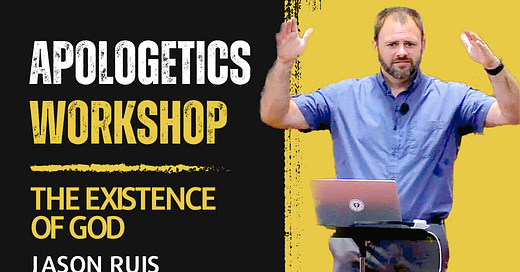Heavenly Father
“‘But when you pray, go into your room, close the door and pray to your Father, who is unseen. Then your Father, who sees what is done in secret, will reward you. And when you pray, do not keep on babbling like pagans, for they think they will be heard because of their many words. Do not be like them, for your Father knows what you need before you ask him. This, then, is how you should pray: “Our Father in heaven, hallowed be your name…”’” (Matthew 6:6–9, NIV)
A New Name?
Over the years, some have said that calling God “Father” is something new to the New Testament. But that’s not exactly true.
There are multiple references throughout the Old Testament to God as Father. In Deuteronomy it says “Is this the way you repay the LORD, you foolish and unwise people? Is he not your Father, your Creator, who made you and formed you?” (Deuteronomy 32:6, NIV). Again, in Isaiah it says, “But you are our Father, though Abraham does not know us or Israel acknowledge us; you, LORD, are our Father, our Redeemer from of old is your name.” (Isaiah 63:16, NIV). Also, God repeatedly refers to Israel as His son (Ex 4:22; Deut 14:1; Is 1:2; Hos 1:10). So, as you can see, this isn’t a new name.
Jesus’ Favorite Name
Although this isn’t a new name for God, the name “Father” gained a new emphasis in the New Testament. This was Jesus’ favorite name for God. He used it over and over and over again. Just in the verse at the beginning of this post, Jesus uses the name Father four times. In a quick scan of John’s Gospel, Jesus calls God “Father” 113 times. So, it’s obvious this is Jesus’ favorite name for God. Herman Bavinck says, “The name ‘Father’ is now the common name of God in the New Testament…This name is the supreme revelation of God” (Reformed Dogmatics, p. 147).
What Does It Mean?
So, why do we call God, “Father”? One powerful aspect of this name is its personal nature. If you go back through the other names of God—God, God Almighty, Lord of Hosts, I Am—they all point to a powerful and glorious God. Yet, there is a temptation for us to see this powerful, glorious God as a removed deity. However, when we bring in this final name of God, that changes. He is no longer the just the God of Creation, he is also our Father. He is not just the covenant keeping God, he is also our Father. He is not just the mighty and glorious God, he is our Father. Bavinck drives this truth home saying, “Here we find perfect kingship, for here is a king who is simultaneously a Father who does not subdue his subjects by force ut who himself creates and preserves his subjects. As children, they are born of him; they bear his image; they are his family” (Reformed Dogmatics, p. 147).
Our God, Willing & Able
I love the way the Heidelberg Catechism brings all of this together. After explaining the power and glory of God, then speaking about how much we trust our powerful and glorious God, it says, “God is able to do this because he is almighty God and desires to do this because he is a faithful Father” (Heidelberg Catechism, Q&A 26). What a comfort? Our God is BOTH able to provide for and protect us, and he DESIRES to do it. Why? Because he’s our Father.
This is the perfect way to wrap up a series of posts on the names of God. It helps us put every name into its proper place and context. We serve a powerful, holy, promise-keeping, world-creating, glorious Father. What more could we ask for?









